Shohei Ohtani had a baseball season for the ages. The Dodgers’ sensational designated hitter hit fifty-four home runs and stole fifty-nine bases to become the founding member of baseball’s 50/50 club. Even before his Dodgers won the World Series and Ohtani won the National League’s MVP award, sportswriters were calling him the best player in baseball history.
His heroics bring a key question into play: is Ohtani’s 2024 season one of the greatest performances in sports history?
It’s up there for sure, but there are other contenders.
Jesse Owens won four gold medals under Adolf Hitler’s nose at the Berlin Olympics in 1936. Two of Owens’s world records stood for twenty-five years, but in time other athletes eclipsed them: Bob Beamon’s shocking long jump at the 1968 Olympics, another record-setting performance, was more than two feet longer than Owens’s gold-medal leap.
In 1962, Wilt Chamberlain scored 100 points in an NBA game, another shining moment that comes with an asterisk. Chamberlain’s Philadelphia Warriors teammates spent much of the fourth quarter feeding him the ball, passing up lay-ups to assist on some of his thirty-six field goals. (The Stilt missed twenty-seven times.)
Another GOATish example is Chamberlain’s stat line that season, when he averaged fifty points and twenty-six rebounds per game. Yet his Warriors lost in the playoffs to Bill Russell’s Boston Celtics. Surely winning is a factor in all-time greatness.
Other candidates? Roger Maris and Hank Aaron both set home-run records that were broken by Barry Bonds. But Maris’s sixty-one homers came in a year, 1961, when pitching quality had been diluted by expansion. He never hit more than thirty-nine in any other season.
Aaron never hit fifty in a season, and Bonds was chemically assisted when he broke Aaron’s lifetime record. Secretariat won racing’s Triple Crown in 1973, setting track records in the Kentucky Derby, the Preakness and the Belmont Stakes, but he didn’t know he was setting records — human athletes must clear mental as well as physical hurdles on their way to glory.
Bobby Jones won golf’s Grand Slam in 1930, but two of his four victories were against fields restricted to amateurs. Muhammad Ali won the heavyweight title three times between 1964 and 1978 but lost three years of his prime when his boxing license was revoked after he refused to be drafted for the Vietnam War. (“No Viet Cong ever called me ‘nigger,’” he said.) Wayne Gretzky scored ninety-two goals in 1981-82 to set a record that may never be matched, partly because NHL rules made goals far more common in Gretzky’s time. Michael Jordan’s Chicago Bulls three-peated national championships twice, from 1991 to 1993 and again from ’96 to ’98, giving this year’s Kansas City Chiefs a goal to shoot for.
For many fans, nothing in sports’ collective memory matches Joe DiMaggio’s fifty-six-game hitting streak in 1941. For two solid months, DiMaggio got a base hit in every game. His streak has been celebrated ever since, helping to define what makes a sports feat immortal. As Stephen Jay Gould put it in a classic 1988 essay on DiMaggio, “A man may labor for a professional lifetime, especially in sport or in battle, but posterity needs a single transcendent event to fix him in permanent memory.”
As the pressure mounted and a nation turned its lonely eyes to him, DiMaggio kept hitting. His achievement will never be forgotten. At the same time, it has a couple of asterisks of its own. As Gould noted, “DiMaggio had a little luck during his streak.” He got “two benefits-of-the-doubt from official scorers on plays that might have been judged as errors.” Then there’s the fact that he played in an era of watered-down competition. Six years before Jackie Robinson broke baseball’s color line, the indisputably great DiMaggio played only against white guys. Black pitchers like Satchel Paige, who had a 2.06 ERA that year for the Kansas City Monarchs and New York Black Yankees, never had a chance to face DiMaggio.
Does that make Ohtani’s 2024 season the GOAT? According to Jim Bowden, the former major-league general manager who’s now a pundit for MLB Network and the Athletic, “Ohtani is the most talented player in Major League history. Babe Ruth could not have matched him.” And Bowden said that to me a year ago, before Ohtani’s magnificent 2024, played against the best competition in history. But while no player has matched his 50/50 season, many have topped his totals in one category or the other. His fifty-four homers rank twenty-second on the single-season list, tied with Ruth, Alex Rodriguez, Matt Olson and five others. His fifty-nine steals leave him tied for 244th. The Braves’s Ronald Acuña, who smacked forty-one homers and stole seventy-three bases in 2023, might have co-founded the 50/50 club last season if he hadn’t torn his ACL. Ohtani’s combination of power and speed is unprecedented — and if he pitches next year, he might win twenty games and render GOAT talk moot.
But there’s a performance that tops all others, at least for now.
Twenty-five years ago, Tiger Woods won all four of golf’s major championships in succession. His under-appreciated “Tiger Slam,” stretching from the 2000 US Open at Pebble Beach through the 2001 Masters, came at a time when “Tigermania” made golf more popular than ever. Like Ali, Woods fought racism to take his sport to new heights. Like DiMaggio, he knew how important each contest was. Woods changed his game to suit the courses he played in those four majors, and dueled his fiercest rivals, Phil Mickelson and David Duval, down the stretch at Augusta to complete his Slam.
Golf-stats guru Justin Ray calls Woods’s dominance “incomprehensible.” After rebuilding his swing in 1997-98 and switching golf balls in 2000, Woods didn’t just lead the world’s best golfers in driving distance, he blew them away, averaging 307 yards off the tee while the rest of four elite fields averaged 277. “Nobody could drive it like him,” Nick Faldo said. “Nobody could hit long irons like him. The wedges, the putter — there wasn’t anybody ever who was that good in every department.” During his Slam, Woods never played a round over par in major-championship conditions, winning four straight majors with a total score of sixty-five under par, with Mickelson and Ernie Els second-best at twenty under, forty-five strokes behind. And Woods’s feat has stood the test of time. No golfer since 2000 has held even three of the four major titles at once. Only Brooks Koepka, who won three out of five majors in 2018-19, has come close. Flashbacks to Woods’s streak often leave out the fact that his slam was part of a run in which he won five majors out of six. From the 1999 PGA through his fifth-place finish at the 2000 Masters to his triumph at the 2001 Masters, Tiger Woods won five majors while all the other golfers in the world combined to win one.
The Tiger Slam is the greatest feat in sports history.
This article was originally published in The Spectator’s March 2025 World edition.



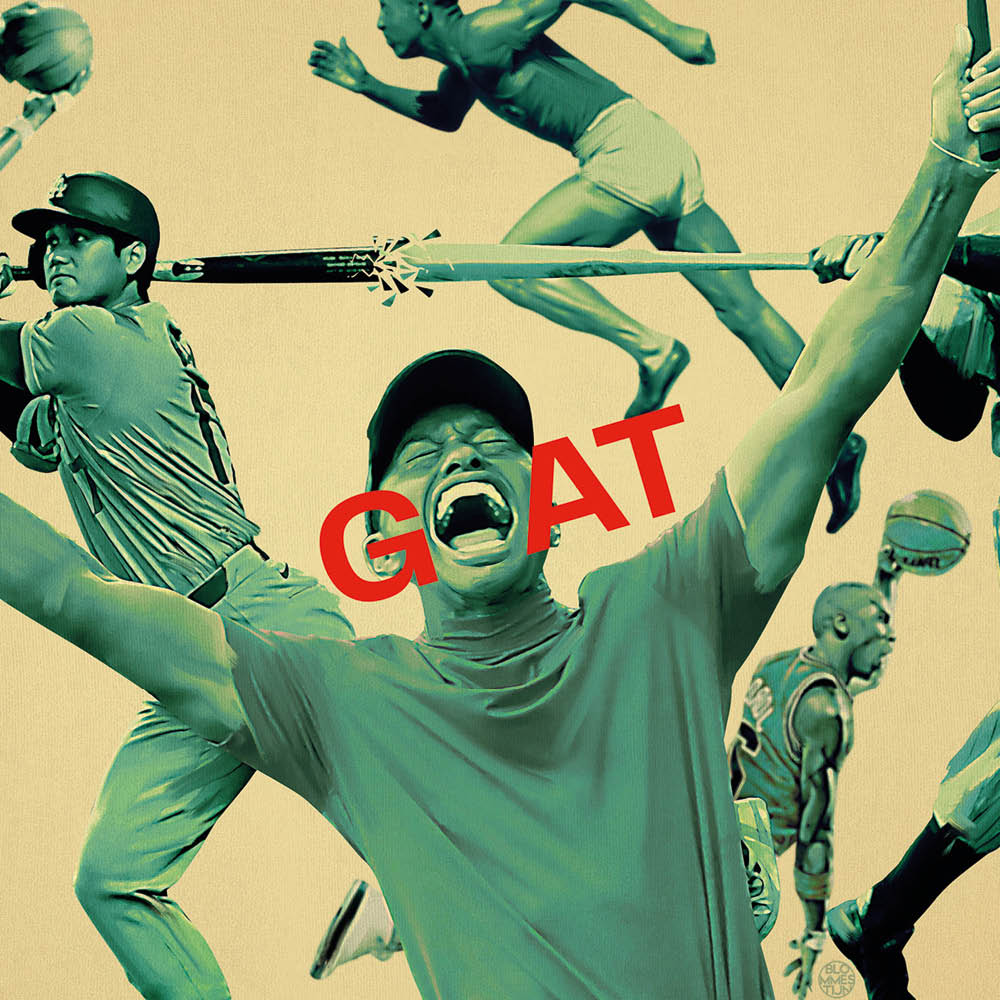








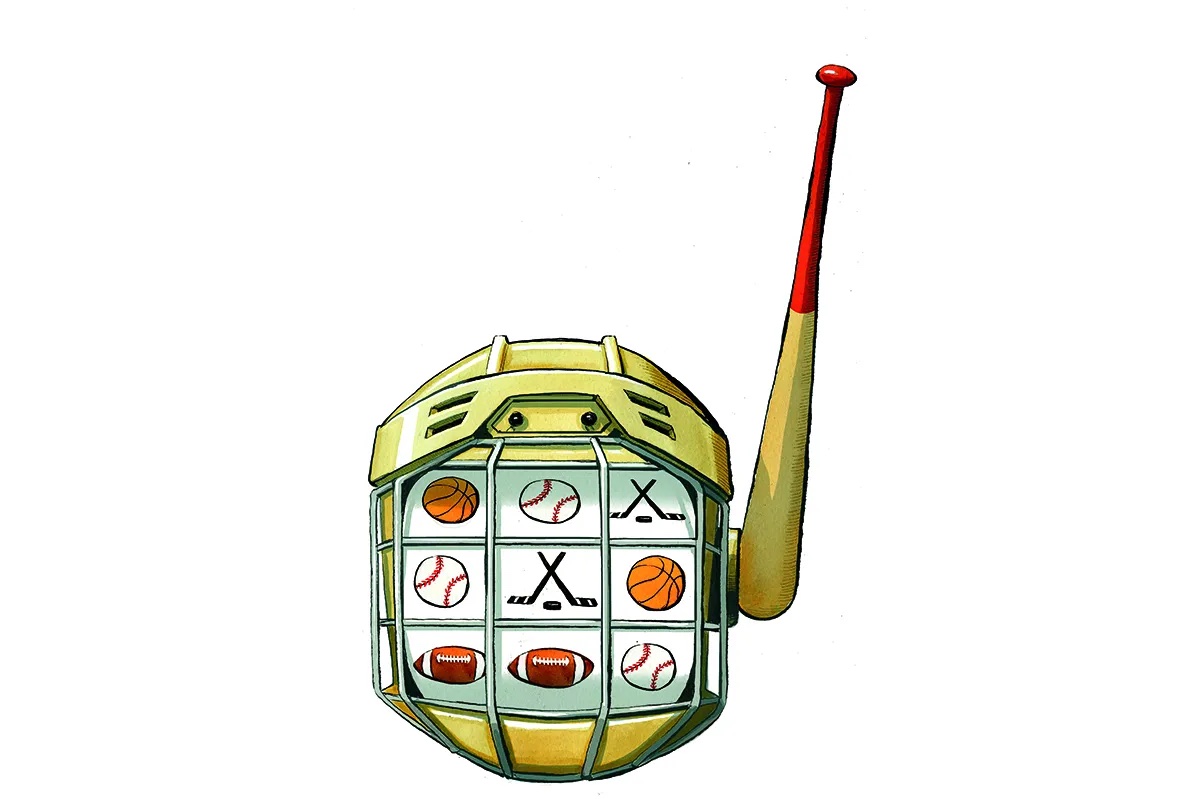
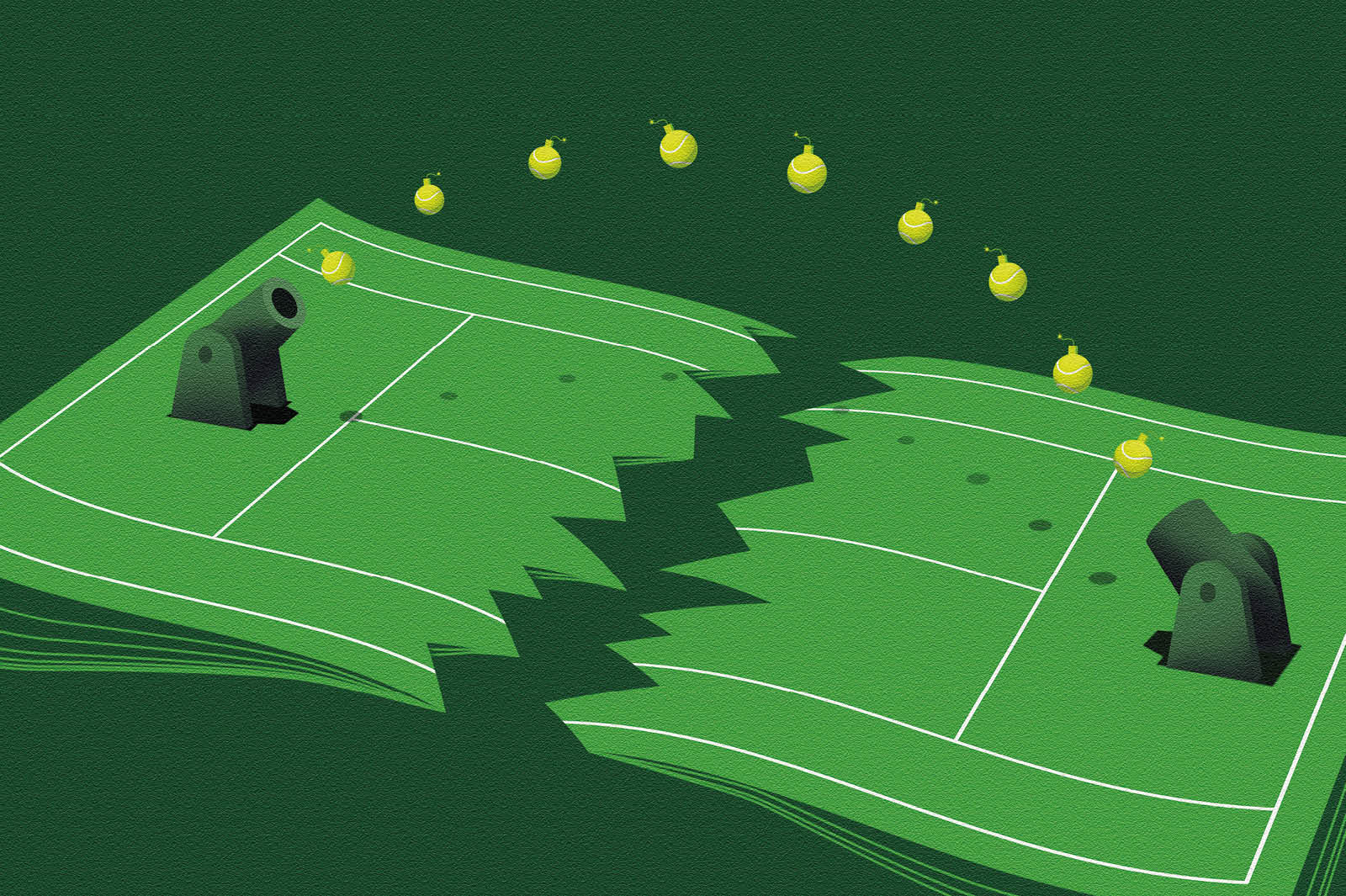
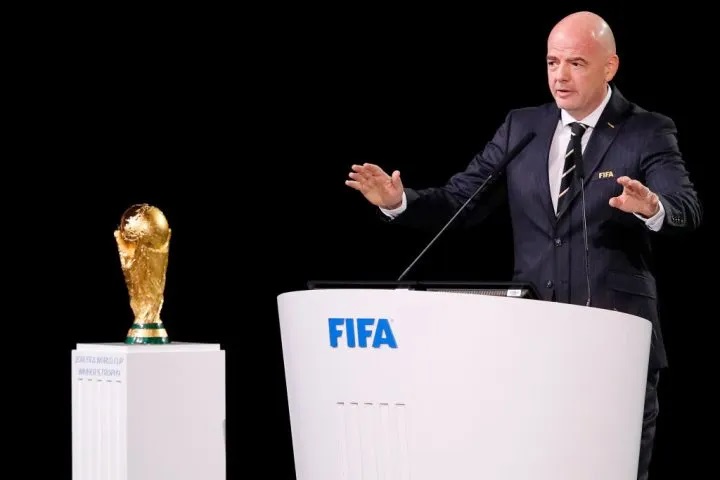
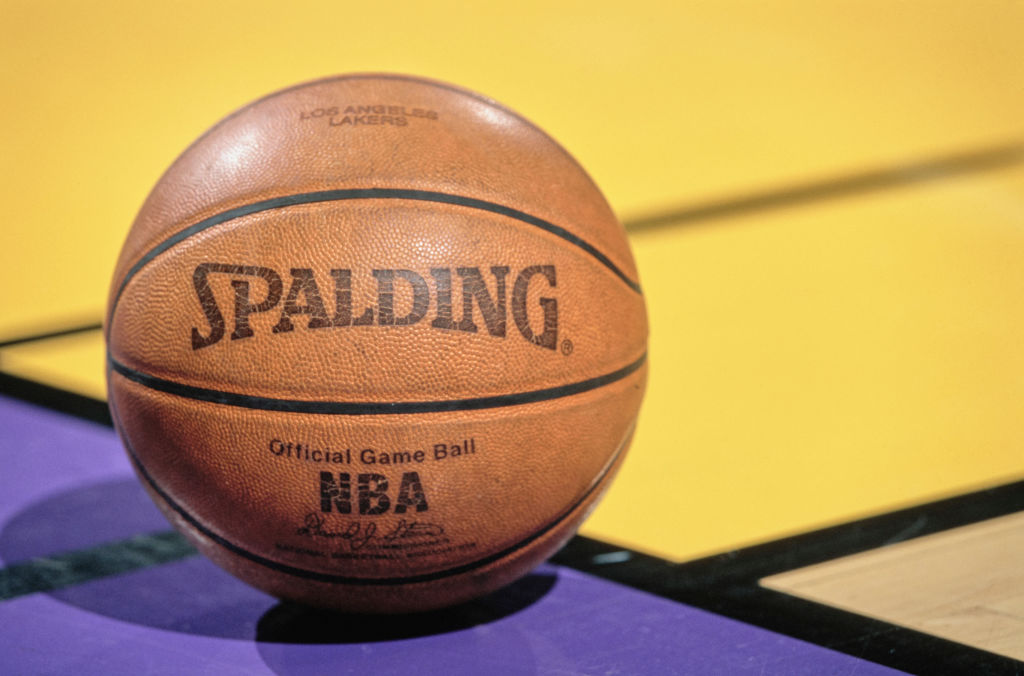







Leave a Reply